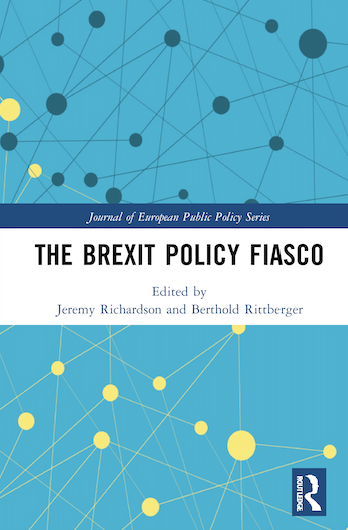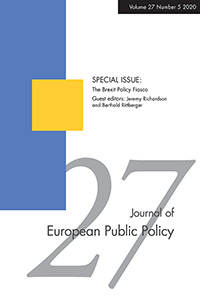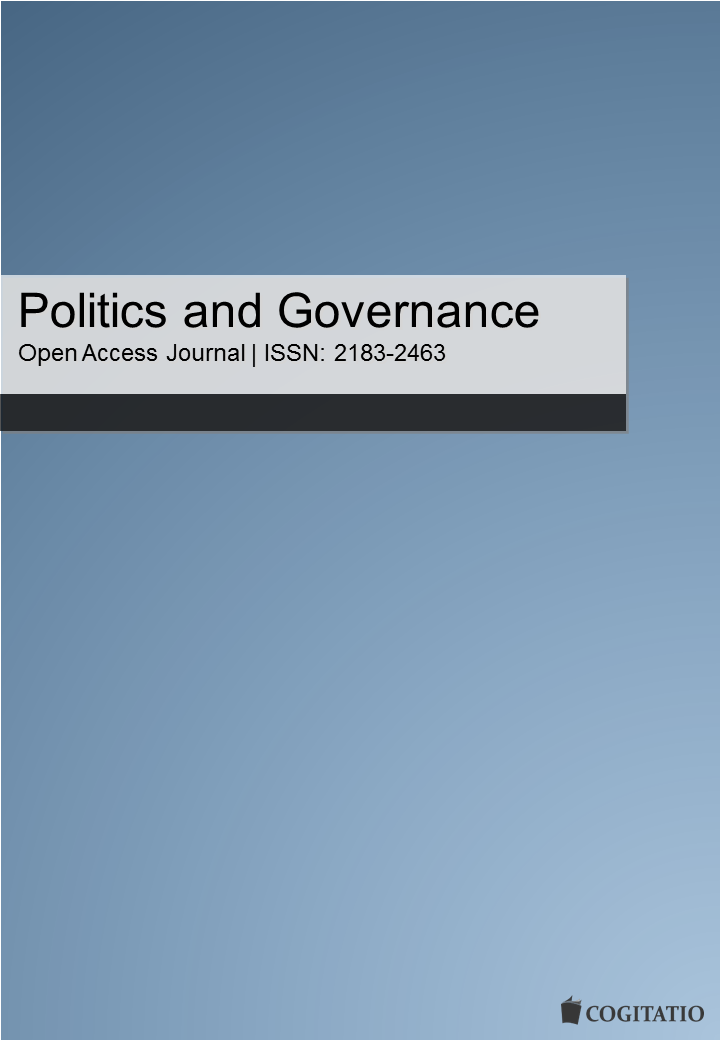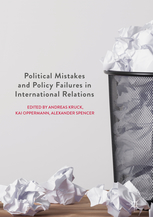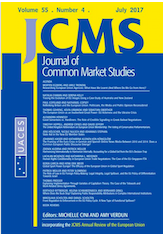Publications
-
European Blame Games: Where does the buck stop?
-
No place to hide: The public attribution of responsibility for policy failures of international organisations
-
Varieties of European Blame Games: On Scapegoat, Renegade, and Diffusion Games
-
Blame Shifting and Blame Obfuscation: The Blame Avoidance Effects of Delegation in the EU
-
Divided They Fail – The Politics of Wedge Issues and Brexit
-
Dolce far niente? Analysing non-compliance as a blame avoidance strategy
-
No Defenseless Scapegoats! Blame Avoidance Strategies of International Organizations
-
Divided They Fail – The Politics of Wedge Issues and Brexit
-
The EU Multi-level System and the Europeanization of Domestic Blame Games
-
Multi-level Blame Games – Blame-shifting in the European Union
-
The European Blame Game: Explaining Public Responsibility Attributions in the European Union
-
Where Does the Buck Stop? Explaining Public Responsibility Attributions in Complex International Institutions






